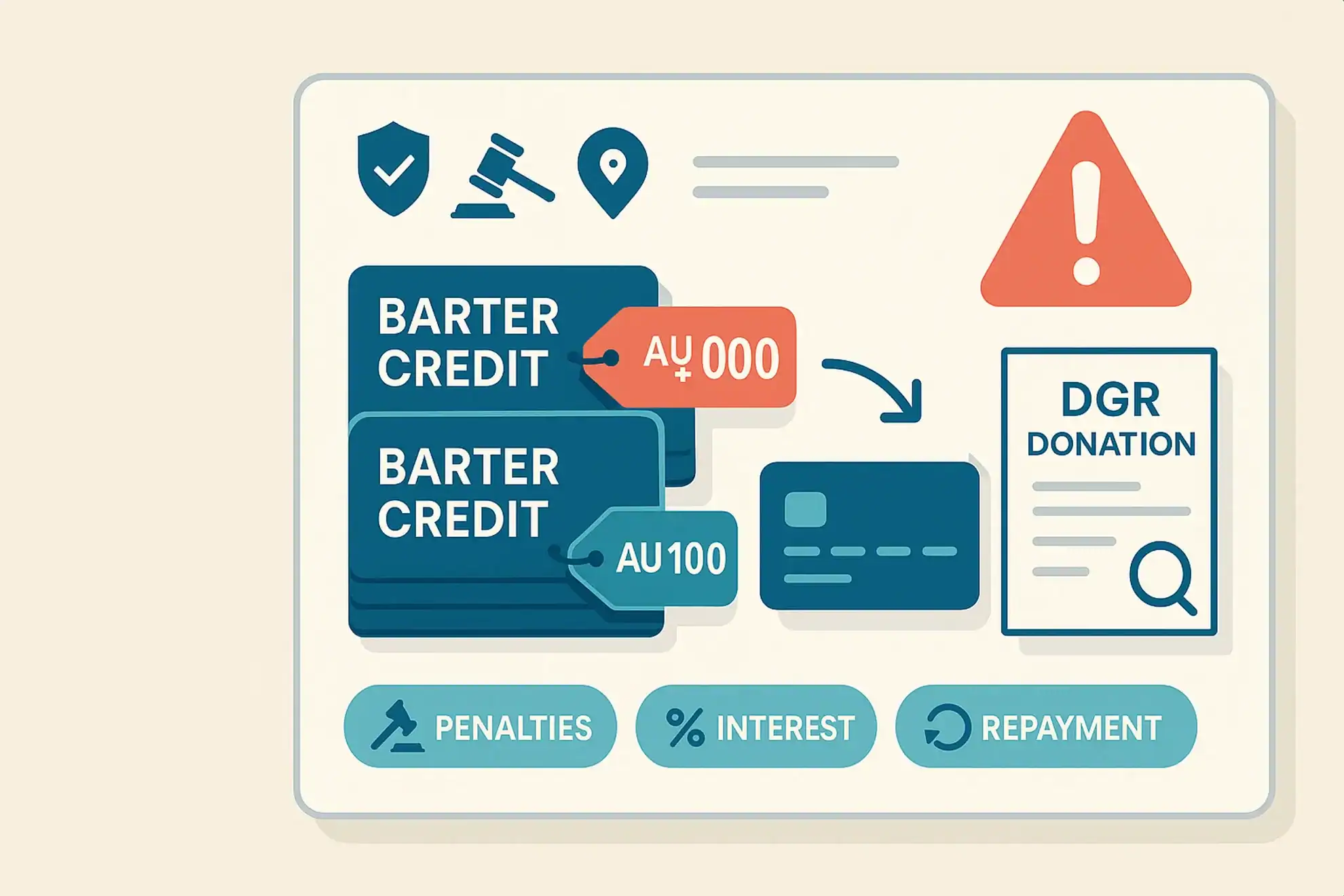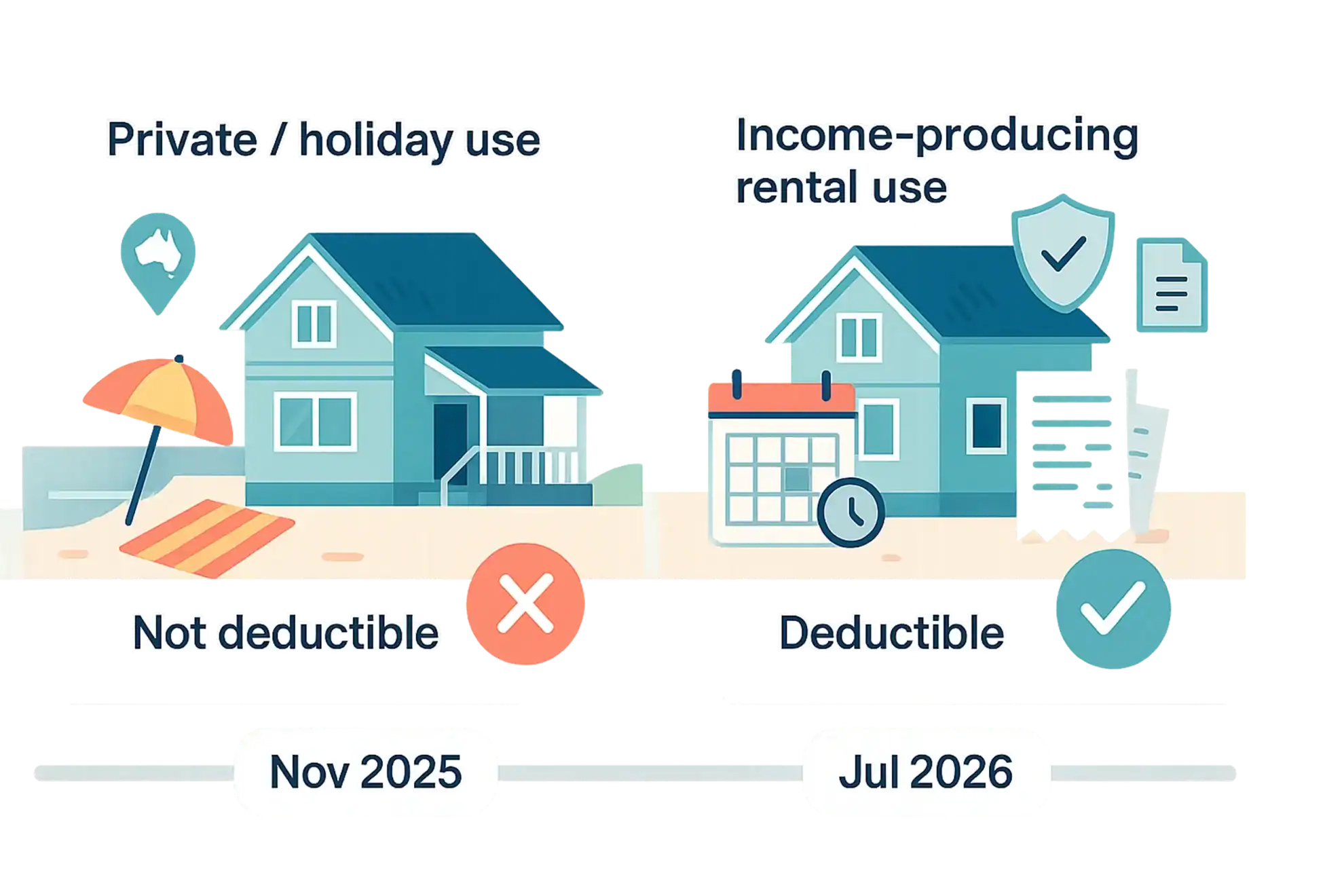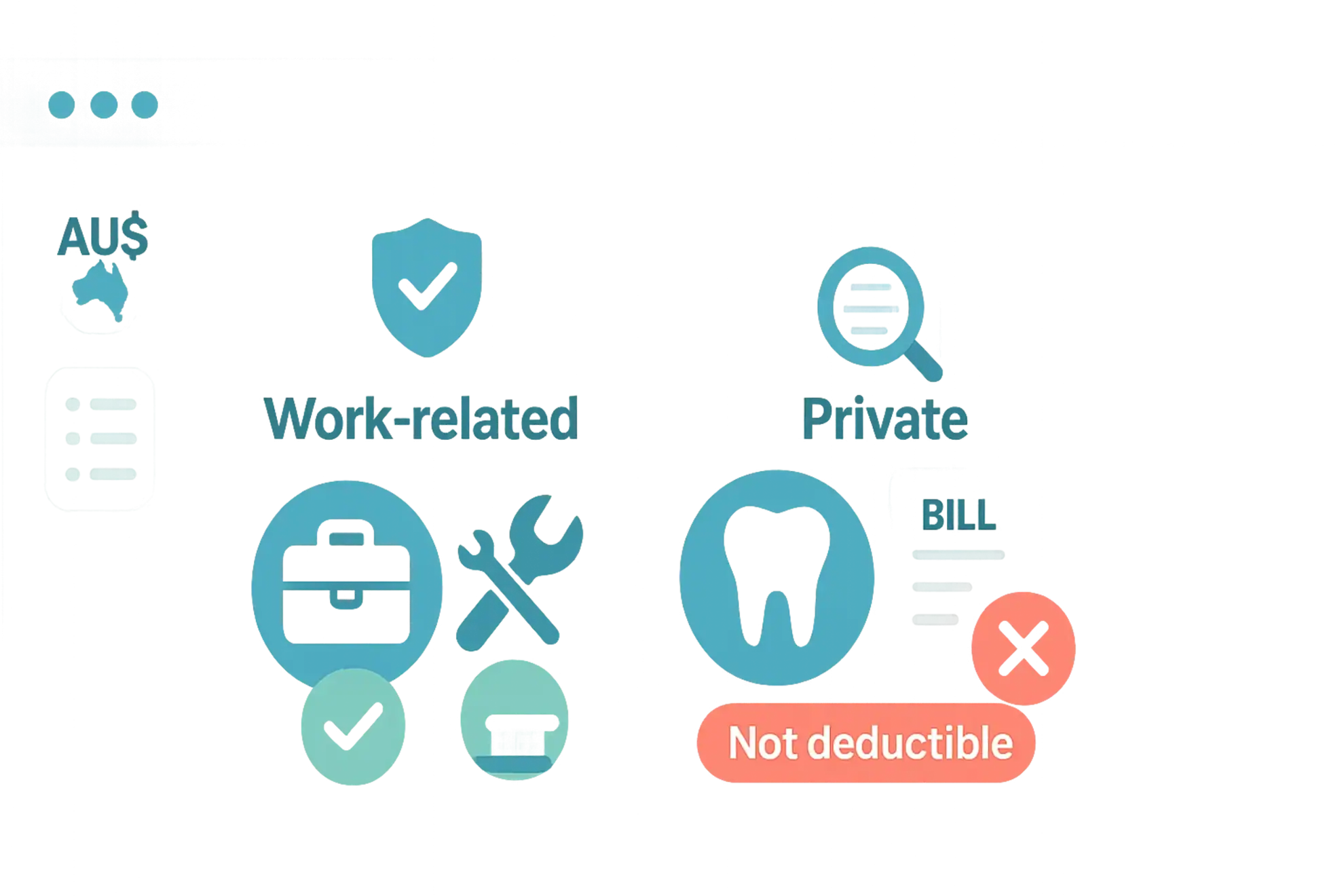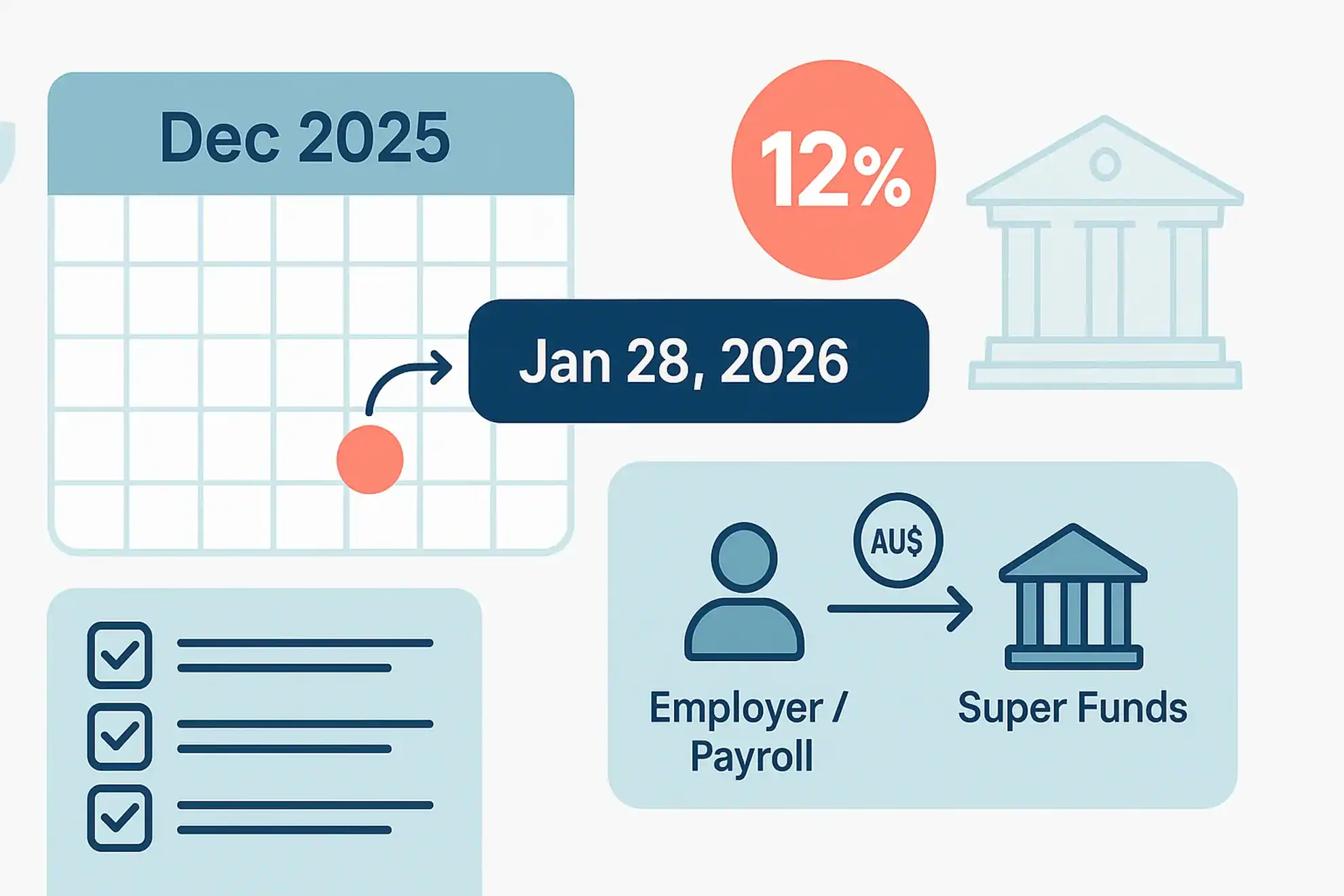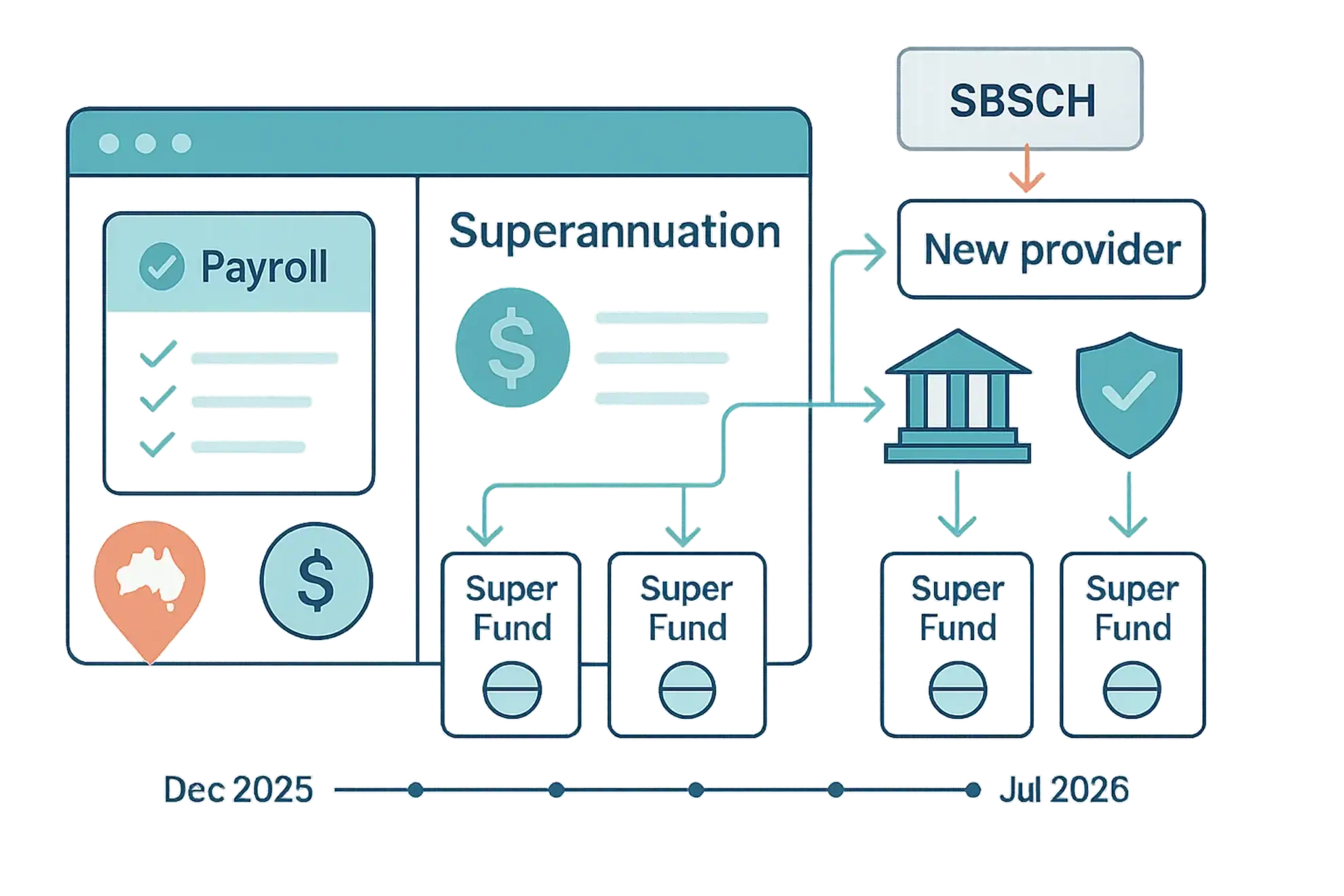Latest News
ATO warns about barter credit tax scheme
The ATO is warning the community to steer clear of an emerging tax scheme involving barter credits — a type of alternative currency used in some business networks. A tax scheme that involves artificially inflating deductions for donations of barter credits to deductible gift recipients (‘DGRs’) is on the rise. While it may seem enticing, […]
ATO’s new approach to holiday home expenses
The ATO has announced that it will take a somewhat different approach in relation to holiday home expenses that are claimed in relation to holiday homes. Broadly, the ATO now takes the view that, if a taxpayer’s rental property is also their holiday home, certain deductions relating to holding it will be completely denied (rather […]
Australians call out tax dodgers in record numbers
The ATO has hit a major milestone of over 300,000 tip-offs from the community about tax dodgers and other dishonest behaviours since 1 July 2019. In the 2024/25 financial year alone, almost 50,000 red flags were raised by members of the community who spotted something suspicious. Most of the tip-offs received related to shadow economy […]
Dental expenses are private expenses
The ATO has been seeing a number of deduction claims for dental expenses this tax time. Dental expenses are private expenses, including preventative and necessary dental treatment, medical expenses and other costs relating to client’s personal appearance (such as teeth whitening, makeup, skin care, shaving products and haircuts) are not deductible. These expenses are generally […]
Reminder of December 2025 Quarter Superannuation Guarantee (‘SG’)
As noted in the previous article, employee December 2025 Quarter Superannuation Guarantee must be received by the relevant super funds by 28 January 2026. If the correct amount of SG is not paid by an employer on time, they will be liable to pay the SG charge, which includes a penalty and interest component. […]
Alternative providers to the SBSCH
Employers should start preparing for the permanent closure of the Small Business Superannuation Clearing House (‘SBSCH’) on 1 July 2026. By acting now to find an alternative service, employers will: have an established process in place to pay super guarantee (‘SG’) for the March and June quarters (if they currently pay quarterly); reduce the risk […]
Renting Out Part or All Of Your Home
If you rent out part or all of your home, the rent money you receive is generally regarded as assessable income. This means: you must declare your rental income in your income tax return, and you can claim deductions for the associated expenses you may not be entitled to the full main residence exemption from […]
Taxpayer Alert, Not Alarm
Every now and then you might read or hear about a “taxpayer alert” being issued by the ATO. Taxpayer alerts are the ATO’s “early warning” signals to the public about a certain area of concern — it could be about fraudulent schemes, or dodgy investments, or perhaps about a tax minimisation tactic that the ATO […]
Do you need an agreement between two business partners?
Going into new business with other people is exciting and can be extremely rewarding. The question remains … should you get an agreement between two business partners? A formal agreement can set the ground rules and stop owners getting caught out if things don’t quite go as well as planned. Whether your firm is structured […]
Consumers Compensated by Financial Institutions Still Need to Consider Tax
With the ongoing financial services Royal Commission, and likely future cases brought before various courts for compensation — or indeed the present building of class action lawsuits on the back of various revelations to come out of the Royal Commission — the ATO has felt the need to run over the rules (as they stand) […]
Understanding the Division 293 Tax
Division 293 tax is an additional tax on super contributions which reduces the tax concession for individuals whose combined income and contributions are greater than the Division 293 threshold. Why do I have to pay this? Normally, contributions into a superannuation fund are taxed at 15% immediately. This is so when you turn 65 you will […]
Don’t Get Played By iTunes Scammers
The ATO is reminding the public to be alert to scammers impersonating the ATO demanding iTunes gift cards as a form of tax debt payment. Assistant Commissioner Janine Clark said that based on recent reports made to the ATO, iTunes gift cards were part of new tactic being used by fraudsters. “In the last month, […]

